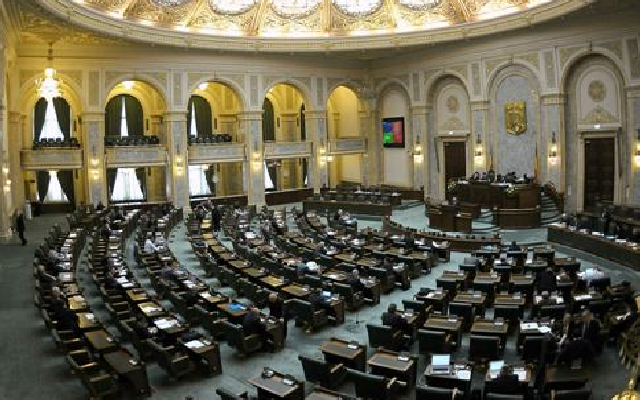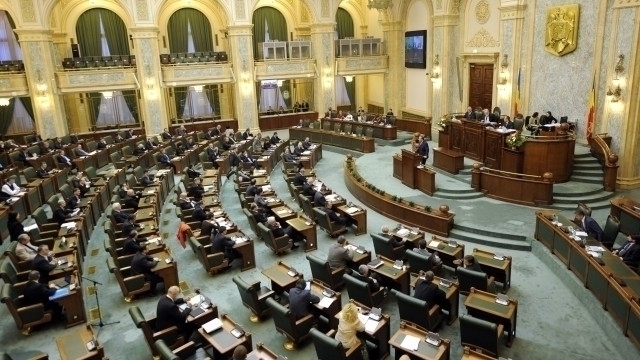The unified pay
scale bill was endorsed by the Romanian Senate on Tuesday. Next week, the bill
will be discussed by the specialized committees of the Chamber of Deputies,
which is the decision-making forum in this mater. The bill provides for
significant pay rises in the public sector, in stages, until 2022. The bill was
voted by representatives of the Social Democratic Party and the Alliance of
Liberals and Democrats in Romania, which formed the governing coalition after
the latest parliamentary elections, as well as by the Democratic Union of
Ethnic Hungarians in Romania.
On the other hand, the bill has been criticized
by the opposition represented by the National Liberal Party, the Save Romania Union
and the People’s Movement Party, who say that the budgetary impact of such a
decision was not properly assessed, and neither were the funding sources for
such pay rises. The Labour Minister Lia Olguta Vasilescu has stated in plenary
Senate session that the law is correlated with the new Fiscal Code and provides
for an average increase of 56%. The minister has also explained that the law is
needed to correct the disfunctionalitites existing in the system of public
sector pay.
Lia Olguta Vasilescu: All
bill corrections have been made in the Senate. However, we are obviously open
for further discussions, if need may be.
In turn, the
leader of the National Liberal Party Raluca Turcan pointed out:
The
bill set forth by the Social Democratic Party is currently supported by two
people: the labour minister and the leader of the Social Democratic Party Liviu
Dragnea. The rest, who are probably more responsible, have a problem showing up
in the public area and taking responsibility for expenditure that Romania
cannot really cover at the moment.
300 amendments to
the bill have been filed, some of them proposed by the opposition, half of
which have been adopted. Under the new law, as of January 1st 2018,
salaries in the decentralized services subordinated to the ministries of labour
and environment will grow by 15%, just like the salaries of the employees of
the National Integrity Agency, who have access to classified documents and
intelligence. Upon a proposal made by the National Liberal Party and the
Democratic Union of Ethnic Hungarians, another amendment was accepted, under
which all town and city mayors and deputy mayors will get a 300 Euro raise.
However, the Bucharest mayor and deputy mayor, as well as the county council
presidents and vice-presidents will not benefit from this provision. Other
amendments that have been endorsed provide for a 25% increase in the salaries
of local officials who implement European projects, an adjustment to the salary
scheme for public servants with the National Fiscal Authority, who will benefit
from a scheme similar to the one in the central administration system, and a
15% bonus for people with severe disabilities.
In another move,
also on Tuesday, Romania’s President Klauss Iohannis promulgated the law under
which military staff will get pay rises too. The new provisions will benefit
some 46,000 people.

